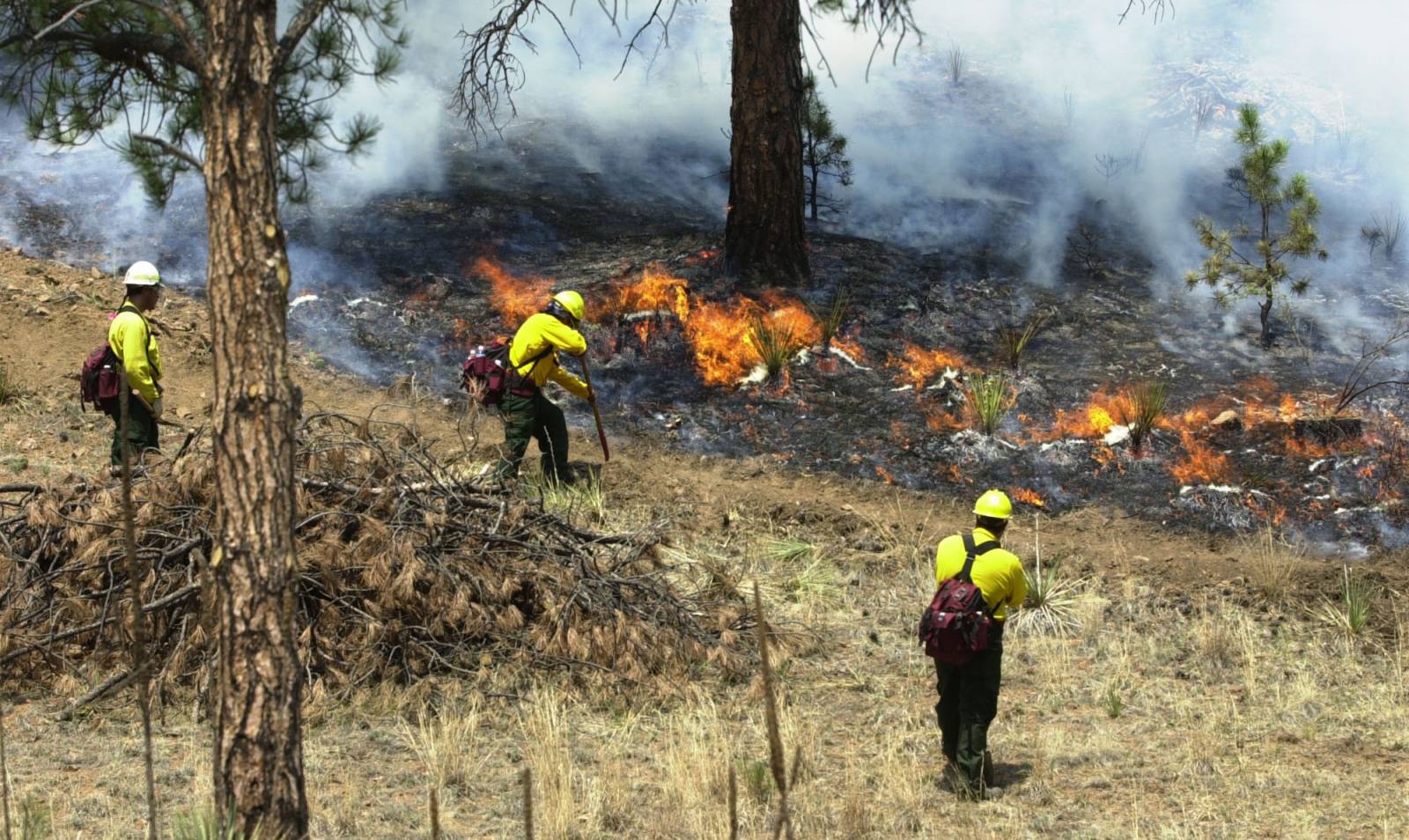Extreme Weather and Health / How Does Extreme Weather Affect Health?
Protecting our health by preparing for today’s changing climate and tomorrow’s public health challenges
Extreme Weather, Air Quality and Nutrition
In the United States and around the world, extreme weather events like hurricanes, floods and extreme heat pose the risk of increased injuries and premature deaths. As rainfall patterns change, food and water supplies will be impacted, increasing the risks of malnutrition and diarrheal diseases, while wildfires and longer warm seasons pose risks to respiratory health through air pollution and increased allergens.
Responding to New and Emerging Infectious Diseases
Changes in vector ecology will bring about increased rates and ranges of mosquito-borne diseases like malaria, dengue and Zika virus. Water-borne diseases like cholera and leptospirosis will become more prevalent, and the combined effects of these physical threats and environmental health issues will affect mental health and wellbeing. As the climate continues to change, some existing health threats will intensify, and new health threats will emerge.
Supporting Communities at Greatest Risk
Though everyone will be impacted by the health impacts of extreme weather, not everyone is equally at risk, such as under-resourced, marginalized and overburdened communities.
Creating Partnerships for Better Health for All
Strong and varied partnerships are key to helping these communities better prepare. By bringing together the combined experience, skills and resources of community-based organizations, non-public health partners and other academic and cross-sector organizations we can develop and disseminate tools these communities can use to strengthen resiliency. By training local public health professionals to recognize and address new health impacts, we can help bolster local capacity at the ground level, where it is needed most. When it comes to meeting public health challenges, we are stronger when we work together.
